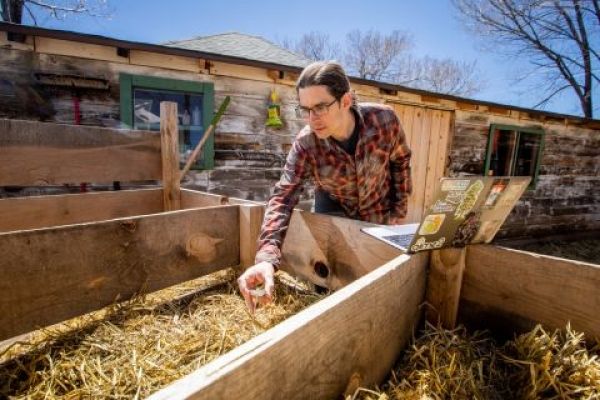According to the 2019 Global Agricultural Productivity Report, global yield needs to increase at an average annual rate of 1.73 percent to sustainably produce food, feed, fiber and bioenergy for 10 billion people in 2050. In the US, however, agricultural productivity is struggling to keep pace with population growth, highlighting the importance of research into traditional practices as well as new ones.
In an effort to increase crop yield, scientists at Northern Arizona University’s Pathogen and Microbiome Institute (PMI) are working with Purdue University researchers to study the bacterial and fungal communities in soil to understand how microbiomes are impacting agricultural crops. They believe technological advances in microbiome science will ultimately help farmers around the world grow more food at a lower cost.
Continue reading at Northern Arizona University
Image via Northern Arizona University


